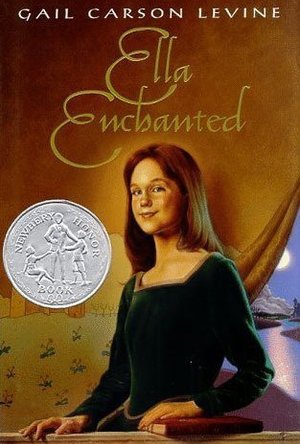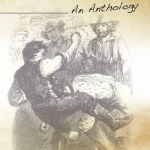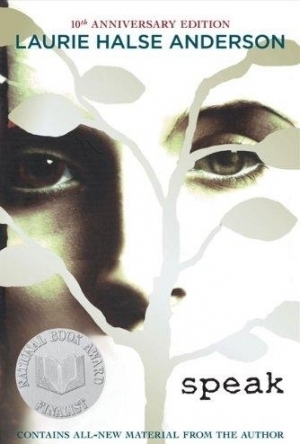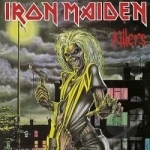Veronica Pena (690 KP) rated Speak in Books
Jan 6, 2020 (Updated Jan 27, 2020)
The last time I read it, I was a freshman in college and in a completely different spot in my life. When I read it the last time, I hated it. I just found the pacing to be bad, I didn't enjoy the novel itself, but I recognized the importance of Melinda's story. I still do. But now, reading it 2 years later and being where I am, I feel so different. I love this book. I loved it the first time I read it and I guess my relationship with this novel has just ebbed and flowed as I've gotten older and I've floated along with my own trauma and experiences.
I think what I love most about this book, besides its relatability and its incredibly important story, is the truth in it. I think so much of Melinda's experience and her story and the way she copes or doesn't cope is left in the things she doesn't say, in the things that aren't explicitly written. I think you take as much as she gives and then some more. I'm not sure if that makes any sense, but that's what I get from it.
I'm still a firm believer that everyone should read this book before high school and before college, but now I just think that everyone should read it every once in a while. I'm definitely going to check in with this book again in a couple of years and see where I find myself with it again.
The Most Dangerous Communist in the United States: A Biography of Herbert Aptheker
Book
When J. Edgar Hoover declared Herbert Aptheker "the most dangerous Communist in the United States,"...

H R GIGER : Limited Collector’s Edition of 1,000 numbered copies,
Book
Swiss artist HR Giger (1940–2014) is most famous for his creation of the space monster in Ridley...

Karma & Diamonds: Web of Karma: Book 2
Book
"Eat Pray Love" meets "Da Vinci Code". An awe-inspiring journey of Self-discovery across continents...

Ella Enchanted
Book
At birth, Ella is inadvertently cursed by an imprudent young fairy named Lucinda, who bestows on her...

Anni Dewani: A Father's Story
Vinod Hindocha and Shekhar Bhatia
Book
On November 13, 2010 while on honeymoon in South Africa, newly-weds Shrien and Anni Dewani, from...
Frank Turner recommended Killers by Iron Maiden in Music (curated)

Southern Frontier Humor: An Anthology
M. Thomas Inge and Edward J. Piacentino
Book
If, as some suggest, American literature began with "Huckleberry Finn", then the humorists of the...
Deborah (162 KP) rated Winter King: The Dawn of Tudor England in Books
Dec 21, 2018
The Winter King of the title is Henry Tudor. Although more a history of the reign than biography (his early life is described only in brief), Henry doesn't come across as particularly likeably - not someone you'd like to sit down to dinner with! His whole style of kingship seems to be based around control of everyone around him and control was often achieved through financial means rather than physical threat. The story unfolds as almost horrific where we see innocent people 'informed' against, imprisoned illegally, tried with 'packed' juries and presented with crippling fines! The wonder really is that such a king was not overthrown! We see here how the notorious Empson & Dudley really worked, and although in a way they were scapegoats for many in the old Henrician regieme when Henry VIII came to the throne, you can see how imprisoning and then executing this unpleasant pair would have been a great crowd-pleasing move!
This book also shines some light on other charaters; it goes someway to explaining the later behaviour of Henry VIII for starters! The insight into the relationship of Philip of Burgundy and Juana of Castile was brief, but enlightning.
Many Tudor writers go straight for the two obvious targets; the larger than life Henry VIII and his daughter, Elizabeth I, so here it made an interesting change to see the earlier Tudor world and how Henry VIII grew up in this; even if it was a place full of paranoid and insecurity!

Ingubo - Design your own custom T-shirts
Shopping and Productivity
App
Bring your designs to life! Create one-of-a-kind custom clothing with Ingubo. Ingubo is the fast,...


